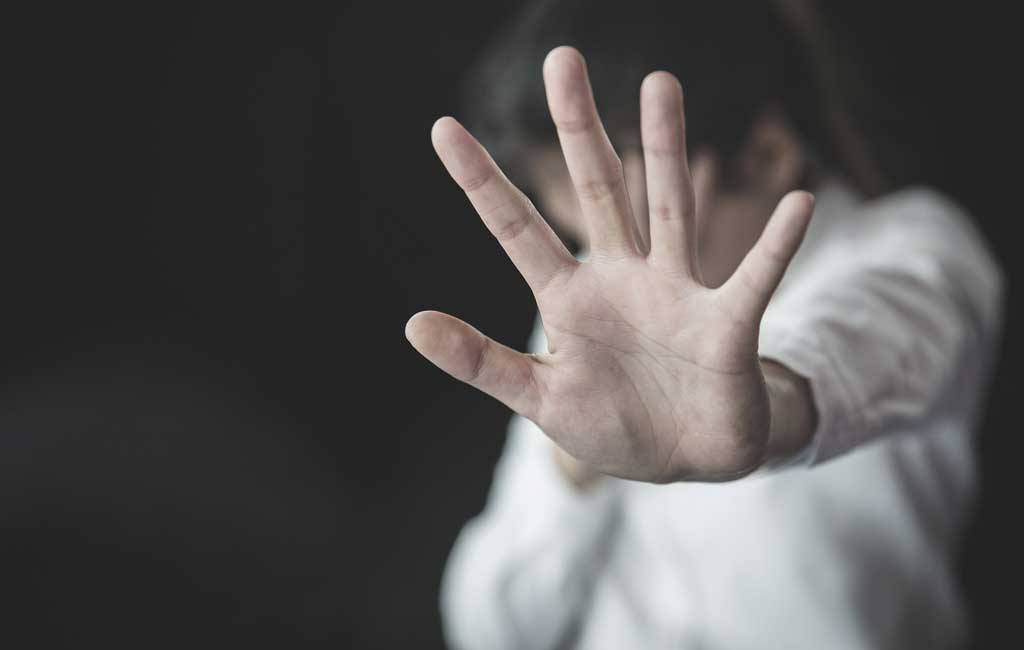Assaults on male footballers unveil overlooked reality of male violence
In Malaysia, recent attacks on national footballers Akhyar Rashid and Faisal Halim highlight this overlooked issue.

SHAH ALAM - Violence against men and boys is often underreported due to societal norms that equate masculinity with invincibility.
This pressure leads men to suppress their emotions and avoid showing vulnerability, preventing them from reporting abuse.
While discussions about violence often focus on women and children, it was important to recognise that men and boys also face significant abuse.
In Malaysia, recent attacks on national footballers Akhyar Rashid and Faisal Halim highlight this overlooked issue.
Institut Masa Depan Malaysia (Masa) Chief Executive Officer (CEO) Azril Mohd Amin stressed that these incidents highlighted a critical but often overlooked issue, which was violence against men.
“In Malaysia, as in many parts of the world, discussions about violence typically focus on women and children, which is vital but can overshadow the fact that men and boys also suffer from serious abuse.
“Violence affects everyone, regardless of gender, yet societal norms often socialise men to be strong, dominant and stoic, discouraging them from reporting or seeking help,” he said.
Azril, also a human rights activist, said that the under-reporting of violence against men and boys stemmed from social and cultural norms that equate masculinity with invulnerability.
“Men are often socialised to suppress emotions and avoid showing weakness, which can prevent them from reporting abuse. Moreover, there is a pervasive belief that men are less likely to be victims, which is simply not true.
“To address this issue, fostering an inclusive dialogue about violence that encompasses all genders is crucial. Media representation and educational programs can challenge stereotypes and encourage men to speak out about their experiences.
“Support services should be visibly inclusive of men to ensure they feel comfortable seeking help,” he added.
Azril also highlighted that there was a lack of data and research in Malaysia on the prevalence of violence against men, making it challenging for authorities to understand the issue's scope and complexity.
“Men in high-stress professions, such as athletes and those in the security sector, can be particularly vulnerable due to the pressures and expectations placed upon them. Younger men and those in marginalised communities may also face higher risks.
“To accurately gauge the prevalence, we need more comprehensive data and a cultural shift that encourages all victims to report abuse without fear of stigma,” he noted.
Azril also pointed out that addressing the under-acknowledgement of violence against men involves challenging and changing societal norms around gender and vulnerability.
“Promoting gender equity, challenging toxic masculinity norms and providing support services specifically for male victims can help create a culture that encourages men to speak up and seek help when they become victims of violence.
“Education plays a crucial role in changing perceptions and reducing the stigma surrounding men who experience violence. Public awareness campaigns and educational programmes that feature male survivors sharing their stories can help normalise the conversation around male victimhood.
“Collaborating with influential public figures, like religious leaders, positive influencers, athletes, or celebrities, can help reach a wider audience,” he said.
Azril also said that educational programmes in schools and workplaces that teach about gender equity and healthy relationships are equally crucial.
“Ensuring that support services explicitly state they are for all victims of violence, regardless of gender, can also encourage men to seek help. Male victims must not be afraid or ashamed to report abuse.
“Setting aside the fear of being perceived as weak is essential, as any victim of domestic violence, whether male or female, has the right to protection under the law. The law does not differentiate victims based on gender; they are entitled to equal protection.
“By promoting an inclusive understanding of victimhood and ensuring support services are accessible to all, we can create a safer and more supportive environment for everyone,” he said.
Concurring with Azril’s views, former Women’s Aid Organisation (WAO) deputy executive director Yu Ren-Chung highlighted the element of stalking relating to the issue.
“Before the assaults, both men (Akhyar and Faisal) had been stalked, according to the police, and Akhyar Rashid is reportedly still being stalked.
“While the majority of stalking cases involve female victims, many men also experience stalking, and these two cases highlight that stalking against male victims can often lead to physical harm,” he said.
Yu also emphasised that the continued focus on violence against women was justified, as women worldwide still disproportionately face domestic violence, stalking, sexual harassment and other forms of abuse.
However, Yu stressed that this focus should not minimise the experiences of men facing violence.
“Since last year, stalking has been made a crime in Malaysia.
“If you are being stalked, regardless of your gender, you can report it to the police and obtain a Protection Order to prohibit the stalker from coming near you or continuing their behaviour,” he noted.










